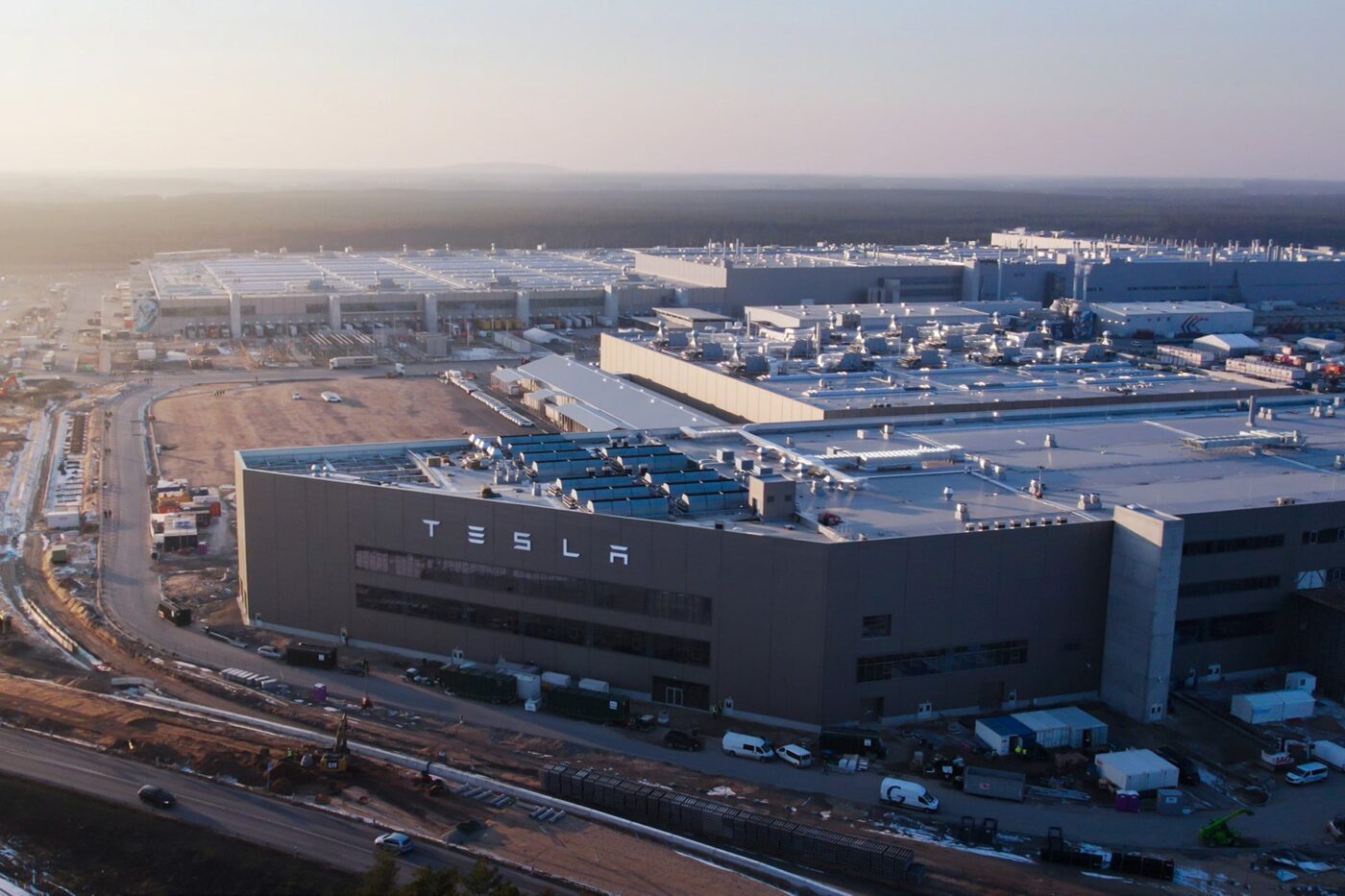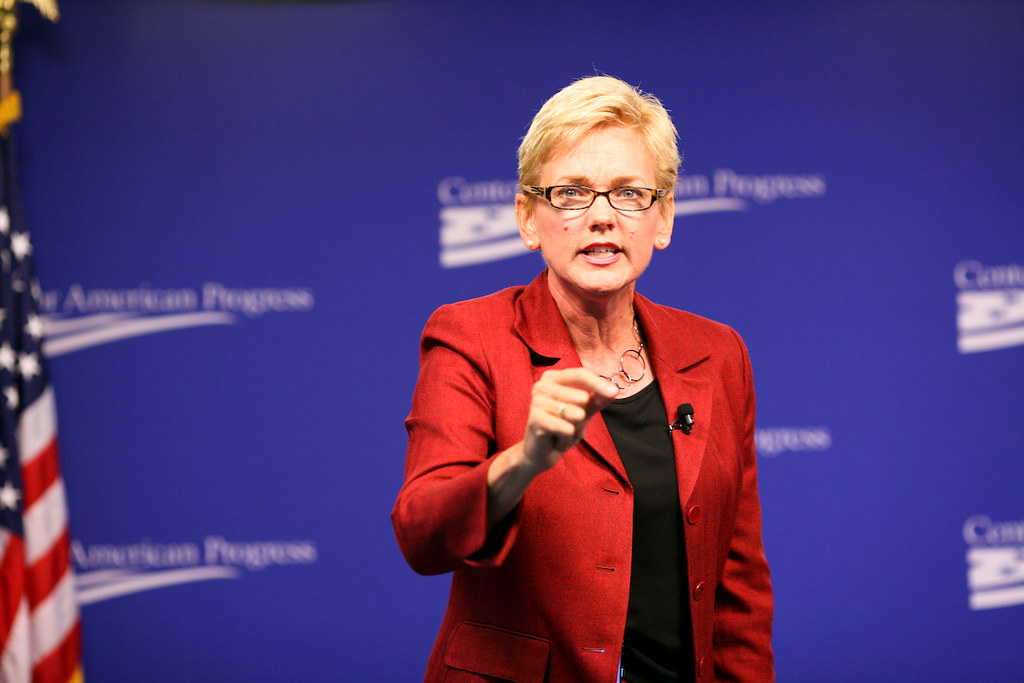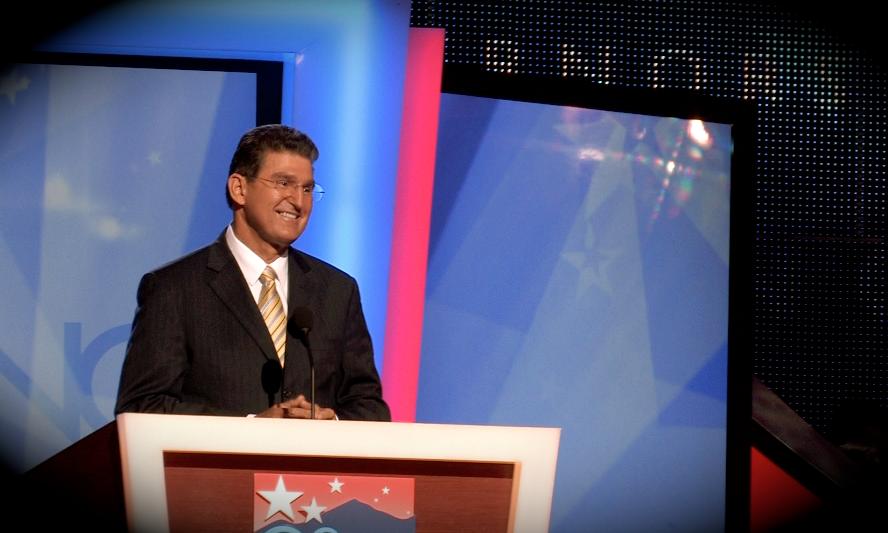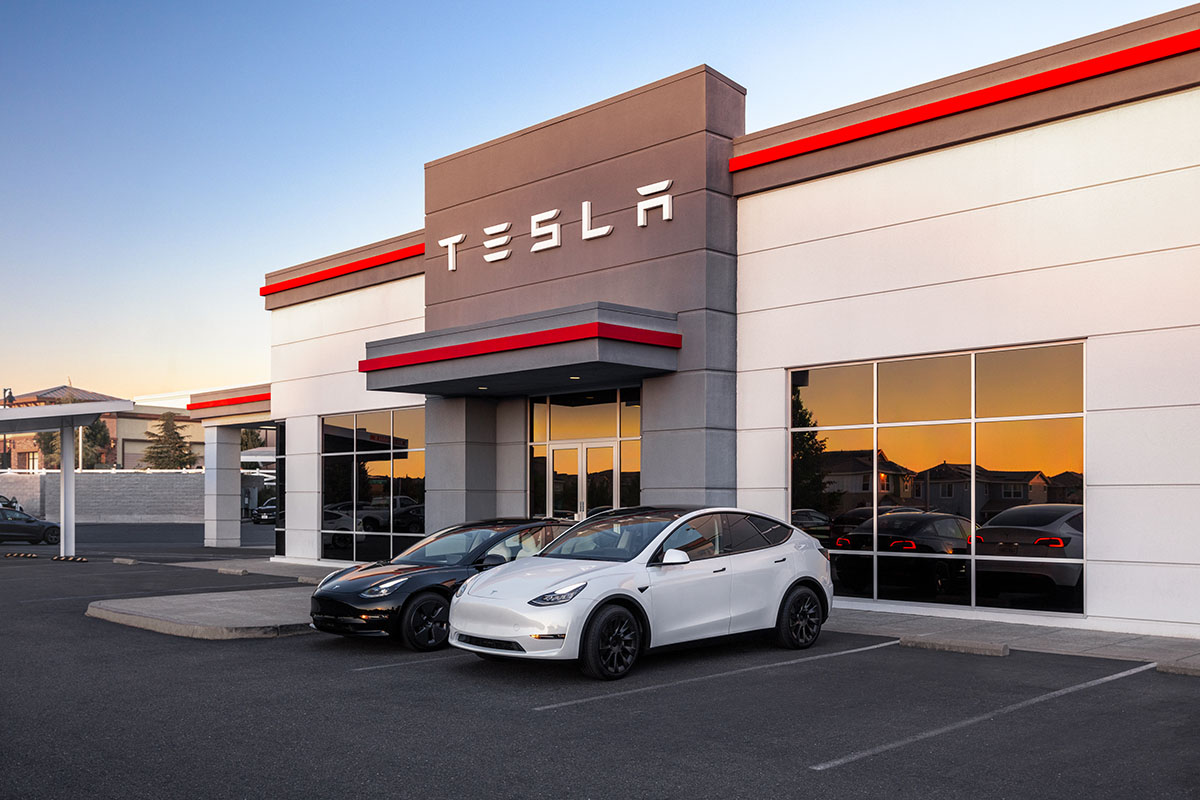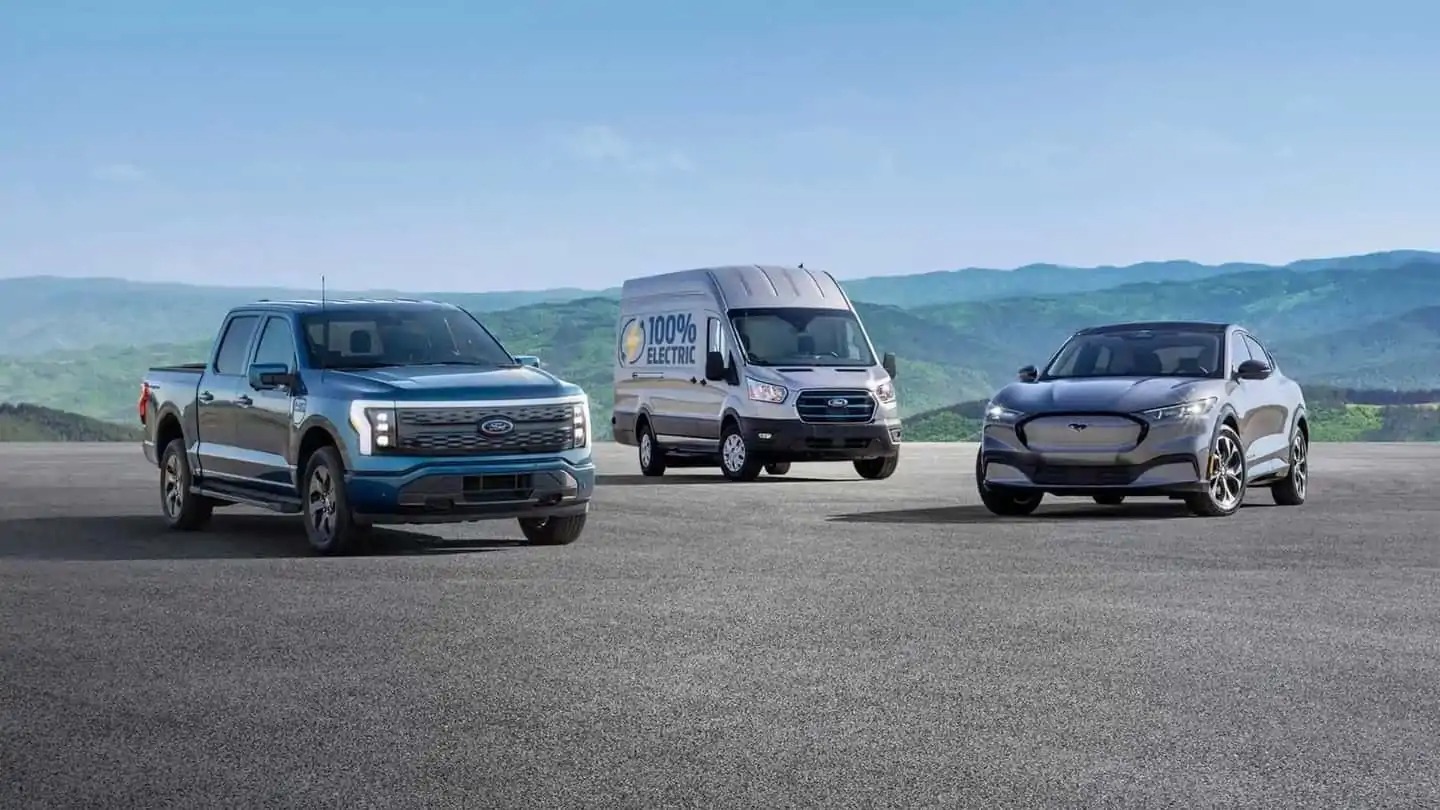Tesla has announced a scheduled five-day shutdown at its Gigafactory Berlin-Brandenburg plant, stating that it is a regular part of production operations and not indicative of any unusual circumstances.
The shutdowns are planned for the 7th, 14th, 17th, 27th, and 28th of this month. During these periods, production in the vehicle manufacturing and powertrain areas will be halted, while the Casting, Plasma, and Cell areas will continue to operate. Tesla has informed plant employees that the downtime will be used to “optimize processes in the factory” and “prepare them for future challenges.”
This move comes as Tesla grapples with weakening demand for electric vehicles (EVs), a situation it is also facing in China. The company has already taken several production breaks in the late spring to early summer period this year, including a four-day shutdown in early May to optimize processes. Currently, the Model Y, a mid-size crossover, is the only EV being produced at the German plant.
In the first quarter of 2024, Tesla reported its first sales decline in four years, with thousands of unsold new cars in its inventory. To address this, Tesla had to use the old military airport Neuhardenberg, approximately an hour’s drive from Gigafactory Berlin-Brandenburg, to store the excess inventory.
These recent production suspension developments at Gigafactory Berlin-Brandenburg come amid earlier plans by Tesla to double the annual production capacity to one million cars and recent approval for factory expansion. However, the company appears to be facing challenges with overcapacity.
Despite the production shutdowns, employees at Gigafactory Berlin-Brandenburg will not be financially impacted, as these will be paid-off days. Additionally, employees who had already taken permission for leave during these days will have them credited back. Those in operational areas who do not benefit from the production break will receive a compensatory day for each working day.
However, there is still uncertainty surrounding the future of some employees at Tesla’s German production facility, as the company aims to reduce its workforce by hundreds through a voluntary program, rather than layoffs, globally trimming 10% of its workforce.

